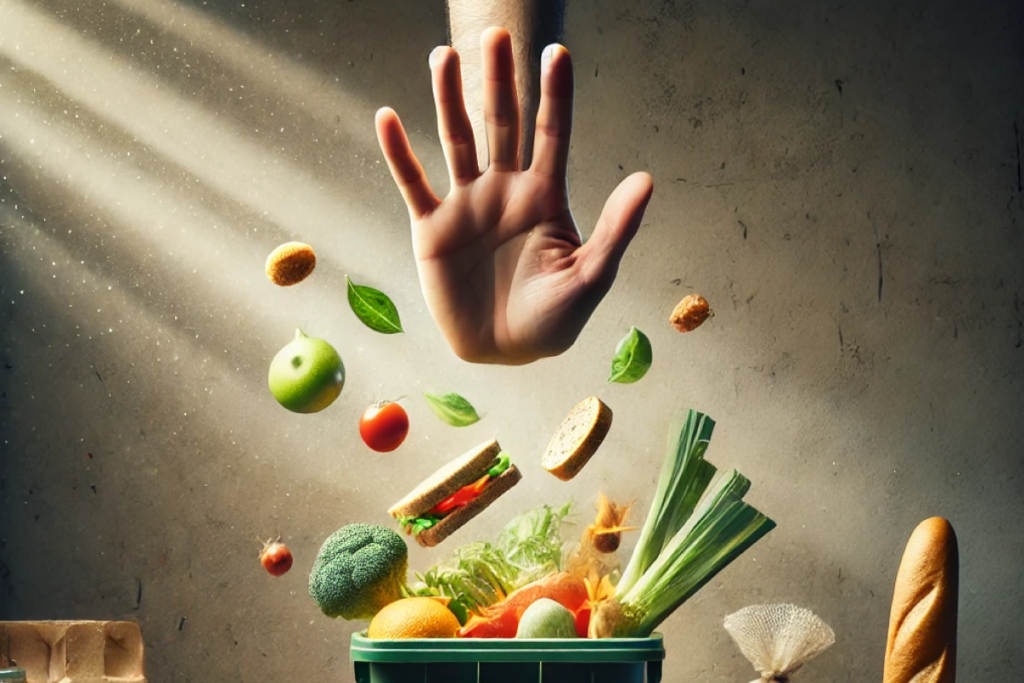European Context and Situation in Spain
The European Union (EU) has set a goal to halve food waste by 2030 in line with the United Nations’ Sustainable Development Goals (SDGs). To achieve this goal, the EU is developing regulatory frameworks and policies that not only aim to reduce waste throughout the food supply chain but also promote greater social and environmental responsibility among member states.
The upcoming Law on the Prevention of Food Loss and Waste in Spain will have a significant impact on reducing food waste across all links of the food chain, from production to final consumption. This legislation will require companies and establishments to implement specific prevention plans and encourage food donations, all under the threat of financial penalties. Additionally, it seeks to create a cultural shift in society by promoting greater awareness of sustainability and social responsibility, which could strengthen the circular economy and reduce the country’s carbon footprint.
Context and Objectives
The new law makes it mandatory for all food chain operators to have a loss and waste prevention plan. The goal is for companies to conduct a self-diagnosis of their processes, identify areas where food losses occur, and implement measures to minimize them. This approach not only aims to reduce waste but also to improve operational efficiency and environmental sustainability.
Impact on the Retail and HORECA Sectors
The retail sector is responsible for 12.4% of food waste, equivalent to 13.1 million tons per year. Meanwhile, the HORECA sector represents 27.6% of food waste, with 29 million tons annually (UN report). These losses not only have a significant economic impact but also contribute between 8% and 10% of global greenhouse gas emissions (UNEP Report).
Causes of Waste
A detailed analysis in the retail sector reveals that 17.7% of waste corresponds to expired products, 47.4% to products that do not meet quality standards such as freshness and color, and 12.2% to damaged products. These figures highlight the importance of implementing effective management and storage strategies to reduce waste (ELIKA Report).
Alignment with Sustainable Development Goals (SDGs)
The Sustainable Development Goals (SDGs) represent a universal call to action, and the new law aligns directly with several of these goals, including SDG 2 (Zero Hunger), SDG 3 (Good Health and Well-Being), SDG 12 (Responsible Consumption and Production), and SDG 13 (Climate Action). At Exkal, we work in alignment with these goals by optimizing and developing technologies that extend the shelf life of food and maintain its organoleptic characteristics, such as freshness, color, taste, and nutritional profile.
Technological Innovations
Our new generation of equipment allows food to be stored at temperatures very close to the optimal level for refrigerated products, ensuring no bacterial proliferation and minimizing bacterial activity, which extends the product’s shelf life in stores and reduces waste. In refrigeration, there is no crystal formation, so the quality of preservation is exclusively linked to bacteriological behavior. The first thing that a refrigerated display case must ensure is the halting of bacterial proliferation/multiplication. The second is that the product does not experience partial freezing.
The implementation of this law and the focus on advanced storage technologies will not only help reduce food waste and greenhouse gas emissions but also promote a more sustainable and efficient food chain. Collaboration between sectors and commitment to the SDGs are crucial to tackling the global challenge of food waste and ensuring a more sustainable future for all (SDG 17: Partnerships for the Goals). At Exkal, we are committed to these goals and will continue to innovate to improve food preservation and reduce waste in alignment with best practices and current regulations.


